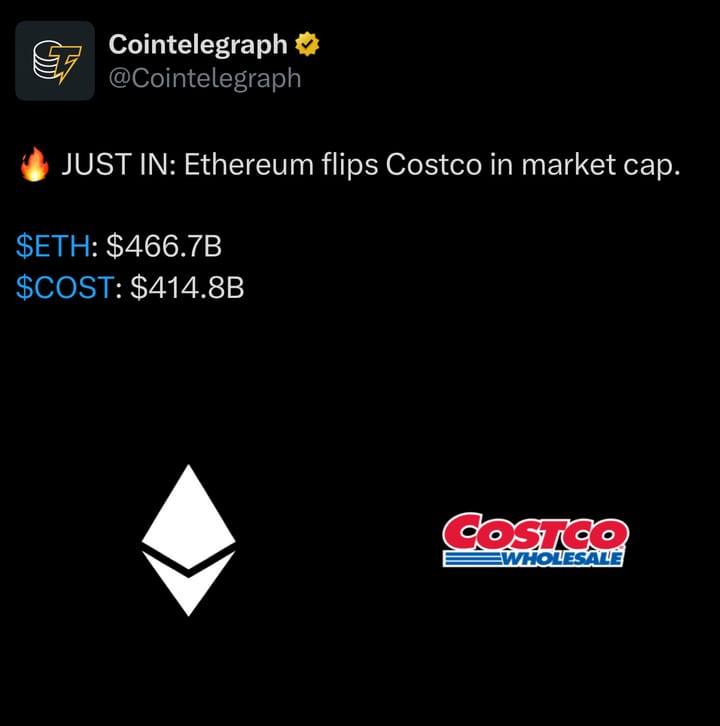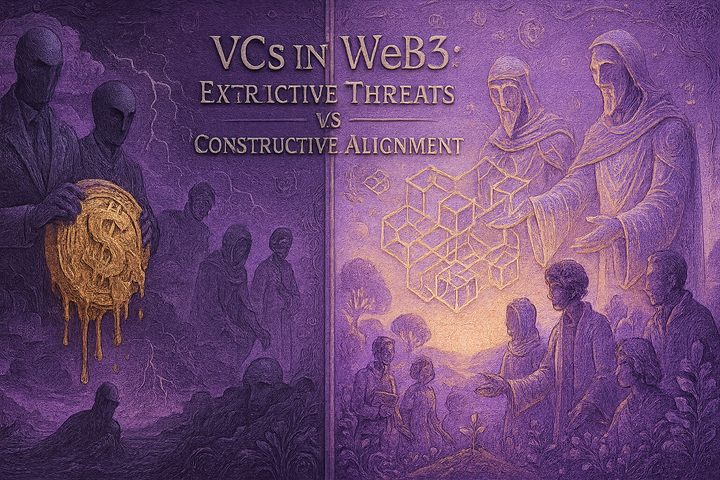Espresso: A Global Confirmation Layer for Web3

1. What is Espresso?
Espresso is a fungible, permissionless, and composable confirmation protocol designed to knit Layer‑2 blockchains into a unified system. By providing fast BFT-based confirmations, Espresso ensures that any contract on any integrated chain can reliably reference state from any other chain in seconds .
2. Core Pillars of Espresso
- Fast ConfirmationsPowered by HotShot consensus, Espresso delivers confirmations in seconds critical for reliable bridging and cross-chain applications .
- Decentralized SequencingThe sequencer function is shared among ~100 independent nodes, removing reliance on centralized operators .
- Low-Cost Data AvailabilityChains can post state data via Espresso more affordably than directly to Ethereum L1 .
- Cross‑Chain ComposabilityEspresso enables synchronous execution across chains one contract can call another on a different chain as if they were co‑located.
3.How It Works (at a glance)
- Clients → Rollup Sequencer → Espresso HotShot Consensus → L1 CommitmentA coordinating flow: users submit to their L2; sequenced batches enter HotShot; finalized blocks are anchored on Ethereum .
- Block Roots + Quorum Certificates → L1 Smart ContractThe Espresso sequencer broadcasts certified block roots to a smart contract on L1, enabling on-chain validation and cross-rollup safety .
- Multi-Chain Block StructureBlocks may bundle transactions for multiple chains, organized by “namespace,” ensuring each chain executes only its own transactions .
4.Ecosystem & Integrations
Espresso integrates seamlessly with major rollup frameworks including Arbitrum Orbit, OP Stack, Polygon CDK, Cartesi, and more. With Mainnet 0 live and Mainnet 1 on Proof‑of‑Stake horizon, it’s well-poised for broader adoption .
Notable recent roadmap highlights:
- Decentralizing TimeBoost for MEV mitigation
- Aligning with Offchain Labs to enhance composability within Arbitrum .
5.Why Espresso
- Real-World Cross‑Chain Architecture: Espresso is a live example of applying modular consensus and DA layers to achieve composability.
- HotShot as a Case Study: It showcases BFT consensus tailored for minimal latency confirmations.
- Research & Development: Ongoing explorations include coordinated block building, shared sequencing, and MEV-resistant ordering systems
6. Where to Go Next
- Explore the docs: Walk through integration guides, node setup, builder tools, and testnet deployment .
- Check out the ecosystem page: Learn which chains are live and how to contribute.
- Dive into research: Understand proposals like TimeBoost, CIRC, and more.
7. Summary
Espresso stands out as a permissionless cross-chain confirmation layer that accelerates finality, decentralizes sequencing, lowers data costs, and enables true inter-rollup interaction. For Mitosis University readers, it’s a compelling example of composable blockchain design and it’s already live.
Internal Links:
- Mitosis Glossary: key terms like “DA”, “sequencer”, “cross‑chain composability”
- Mitosis University Program Guidelines
- Espresso Systems (official website)



Comments ()